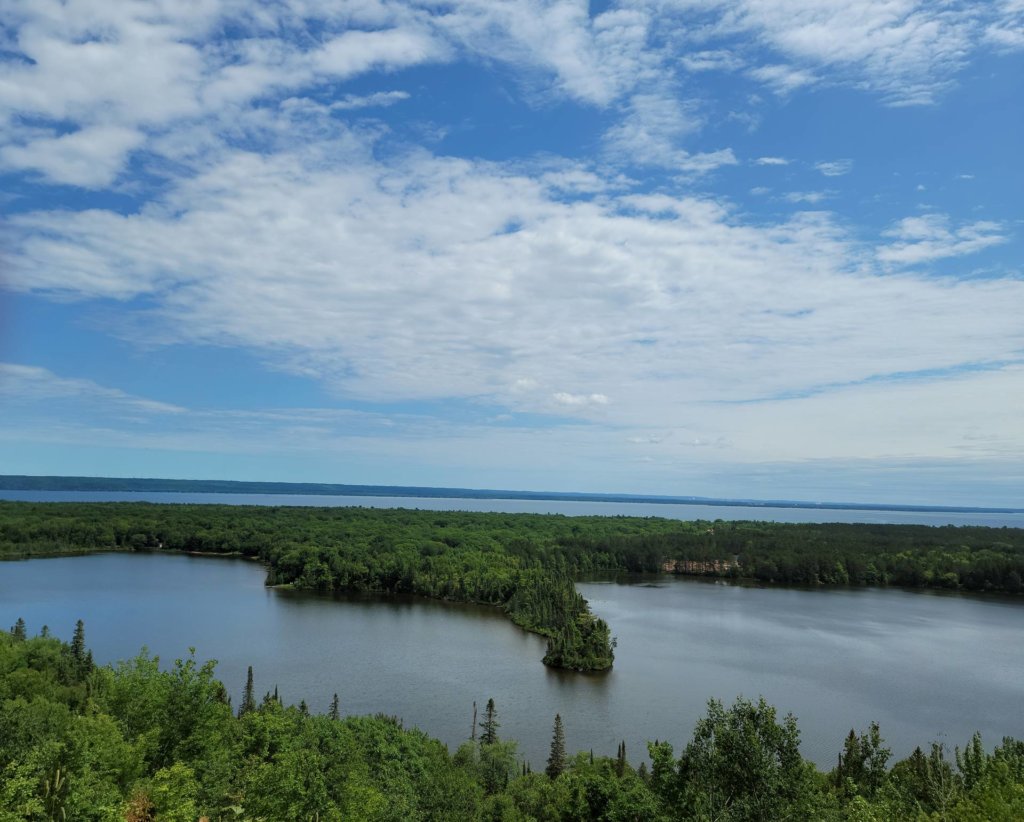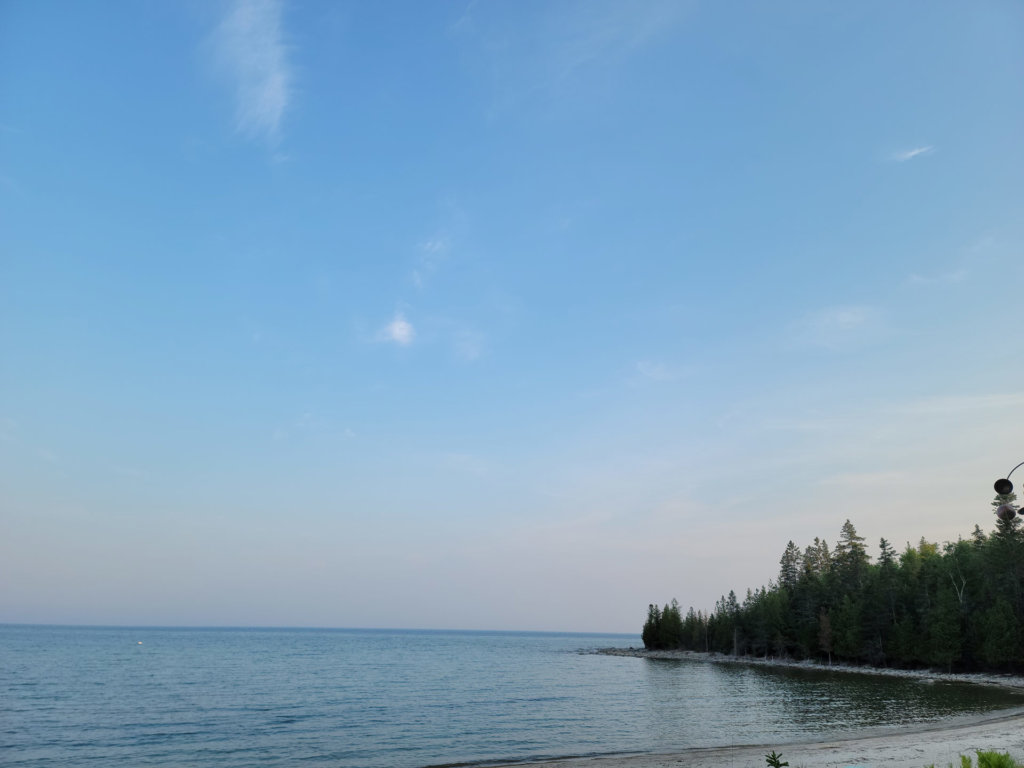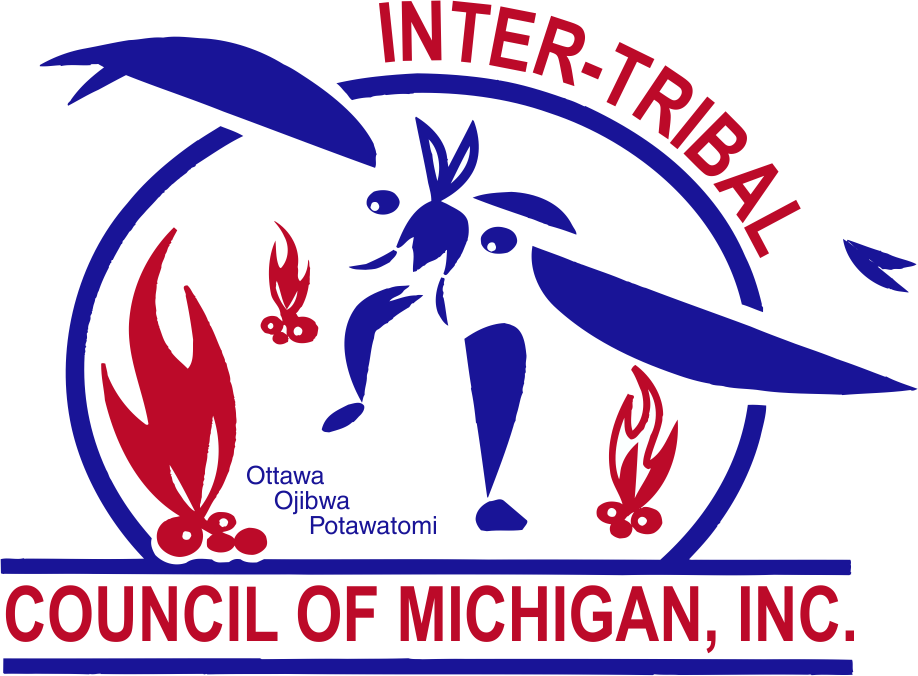Tag: Childhood and Family Services Program
Childhood and Family Services Program
Underground Injection Control

Funded by U.S. Environmental Protection Agency
This DITCA will generate an inventory of facilities that may be regulated under 40 CFR Part 144 (UIC regulations) and are located within the exterior boundaries of the participating tribes. The inventory will consist of a completed spreadsheet listing the facilities identified. Facilities that could generally pose the greatest threat to groundwater would be identified first, followed by the remaining regulated facilities. A map will be provided with sufficient detail to locate each of the identified facilities. The inventory information will initially be sent to each participating Tribes Environmental or Natural Resources Office, and then be entered by U.S. EPA into a Class V inventory review database to be used for planning follow-up inspections by the UIC inspector while conducting outreach and compliance inspection activities.
Childhood and Family Services Program
Water and Air Quality

ITCMI Environmental Services assists tribes with source water protection, watershed management planning, indoor and ambient air assessments, and water and air permitting issues. Contact our staff with questions about how we can assist with water and air quality issues.
Childhood and Family Services Program
Underground Storage Tank Program

Funded by U.S. Environmental Protection Agency
https://www.epa.gov/ust/musts-us
This project allows ITCMI Environmental Services Department to provide direct assistance to the owners and operators of underground storage tanks (fuel service stations), to ensure that RCRA Subtitle I is fully implemented in Indian Country. The compliance inspector travels to the stations located within the exterior boundaries of the reservations, and provides education and recommendations to make sure the station is following the federal regulations for underground storage tanks. These site visits include a check for proper record keeping, as well as a physical inspection of the equipment on-site.
There are currently thirty five (37) regulated facilities located within the boundaries of the participating tribal reservations. The compliance inspector visits each regulated UST facility at least once every three years. Compliance assistance is offered to all participating Tribes when requested. By providing compliance assistance, the Tribes can not only be re-assured protection of their groundwater, but also be prepared before EPA or other credentialed inspector conducts an inspection of their facility.
Contact
Greg Shubel
Compliance inspector/Geologist
Inter-Tribal Council of Michigan Inc.
Environmental Services Division
2956 Ashmun St. Suite A
Sault Ste. Marie, MI 49783
Phone: 906.632.6896 ext 117
Fax: 906.635.4212
Email: gshubel@www.itcmi.org
Childhood and Family Services Program
Environmental Health and Services

In general, sanitarians work to prevent or minimize the impact from environmental health issues by evaluating programs and facilities for compliance with relevant health and safety regulations and occurrence of potential environmental health hazards. Regular duties may include: surveying public facilities (i.e. water and sewer systems, restaurants, hotels, hospitals, and swimming pools) for compliance with applicable regulations, codes, or ordinances; investigating disease outbreaks, chemical exposures, and public health nuisances and emergencies; and providing technical assistance and information to members of the general public to assist them in dealing with health and safety issues.
Currently, ITCMI sanitarians conduct annual health and safety surveys of public facilities and programs on tribal lands. The purpose of surveys is to identify potential environmental health and safety issues and recommend potential corrective actions for minimizing or eliminating health and safety risks altogether. Applicable federal health and safety regulations are used as a basis for conducting facility surveys. Facilities regularly surveyed include:
- Hotels
- Casinos
- Swimming pools
- Schools and similar educational institutions
- Head Start facilities
- Public playgrounds
- Campgrounds, RV Parks
- Health Centers
- Elder care and assisted living facilities
- Office spaces and community buildings
- Restaurants, markets, and other food establishments (including powwows and other temporary food events)
After each facility survey or evaluation ITCMI sanitarians will issue a detailed report summarizing the results. Reports are advisory in nature, based on applicable federal guidelines, and offer a recommended corrective action and time frame for resolution of issues observed during the survey. This report is then sent to the appropriate tribal officials so that the recommendations can be resolved to reduce the risk of injury or illness.
Biannual food safety evaluations based on the Food and Drug Administration’s (FDA) Model Food Code are recommended for all permanent and temporary tribal food establishments. Additionally, we offer to conduct plan reviews for new and remodeled food establishments for adherence to National Sanitation Foundation (NSF) standards. Moreover, ITCMI Sanitarians offer diverse training opportunities for food service workers. Bill Bernier is a certified ServSafe Instructor and offers the 8-Hour ServSafe Food Protection Manager certification course to tribal employees. We also offer a basic food safety short course for all tribal members and employees who do not require certification as a Food Protection Manager but are still potentially working with food.
In addition to facility surveys and training, ITCMI Environmental Health Specialists are regularly called upon to offer technical assistance to tribes when dealing with a variety of health and safety issues. Indoor air pollutant assessments (including for mold and associated water damage), cross connection surveys, and sanitary surveys of public water systems are some of the regular duties carried out by ITCMI Sanitarians.
Childhood and Family Services Program
Forest & Wetlands
ITCMI Environmental Services assists tribes with forest and wetland inventory, delineation, management planning and permitting, with an emphasis on tribal cultural resources and traditional knowledges, to enhance forest health and productivity. For more information, contact our staff.

Childhood and Family Services Program
Climate Control
ITCMI Environmental Services facilitates climate adaptation efforts to assess and plan for climate-driven change, with the goals of protecting and enhancing tribal natural and cultural resources and ways of life. For more information, contact our staff.

Highlighted Resources
Childhood and Family Services Program
Lead Testing in Drinking Water - Childcare Facilities

With funding made available by the U.S. Environmental Protection Agency, through Section 1459A of the Safe Drinking Water Act, ITCMI, in collaboration with IHS, is undertaking the testing of Tribal schools and childcare facilities for lead contaminated drinking water. ITCMI and IHS will provide lead testing to participating schools/childcare facilities based on prioritization of facilities which serve more vulnerable populations (under age of six) and based on the age of infrastructure at facilities that are likely to contain lead plumbing or lead-containing fixtures.
Goal
Through this program ITCMI will implement the EPA’s 3Ts guidance as the method to:
1) Communicate, throughout the implementation of the program, the results and important lead information to the public, parents, teachers, and Tribal community;
(2) Train on the risks of lead in drinking water and testing for lead, as well as developing key partnerships to support the program;
(3) Test using appropriate testing protocols and a certified laboratory; and
(4) Take Action, including the development of a plan for responding to results of testing conducted and addressing potential elevated lead where necessary.
Contact
For more information regarding the Water Infrastructure Improvements of the Nation (WIIN) Act please visit https://www.epa.gov/tribaldrinkingwater/wiin-act-section-2107-lead-testing-school-and-child-care-program-drinking-water or contact:
Dustin Paras
Environmental Specialist
Inter-Tribal Council of Michigan
9066326896 x127
dustin.paras@itcmi.org
Title VI Program
Childhood and Family Services Program

The Title VI Elders Program assists tribal elders in remaining independent. Program workers visit regularly with the elders and can identify a change in status or behavior can communicate needs and make appropriate referrals. They can be a vital link between the elder and community service providers.
An expected outcome for the Title VI Elderly Program is to improve the overall health, quality of life, independence, access to services, a safe environment, necessary referrals, and regular nutritious meals.
NUTRITION SERVICES INCENTIVE PROGRAM
Nutrition Services Incentive Program supplements funding for home-delivered meals and congregate meals.
CAREGIVER PROGRAM
Caregiver’s program services will provide Homemaker services, and the Gathering Place, etc. with the overall goal of keeping their older/frail elders in the community.
PARTICIPATING TRIBES
Workforce Innovation & Opportunity Act (WIOA)
Childhood and Family Services Program

WORKFORCE INNOVATION AND OPPORTUNITY ACT (WIOA), (WIOA) program is to provide employment and training services to at least 20 individuals located at the five (4) sites Bay Mills Tribal Community, Hannahville Tribal Community, Keweenaw Tribal Community, Lac Vieux Desert Tribal Community and served by the ITC WIOA Program. The Tribe decides who the contact person is for any WIOA Job Slot coordinated with the Inter-Tribal Council, and the contact person is usually an existing HR staff member and that person will begin the implementation process, assist in determining participant eligibility, determine the participant placement, and address any participant concerns at the local level. Services Summer Youth are offered to program eligible tribal members who fall below the poverty level. Youth work services are offered to youth ages 14-20 years. Regular Adult program services are available to those 18 years of age and older. The services available to each participant will include, but not limited to: employment, job training experience, resume writing, referrals and assistance to acquire higher education services, assistance to remain in school or return to school, assistance in acquiring, or referral to, a State-recognized GED program, referrals to potential job sources, and limited support services.
State of Michigan Child Care Program
Childhood and Family Services Program

Child Care Program provides foster care services to those that are not Title IV-E eligible under DHS guidelines for Title IV – E eligibility.
The four tribes who request this assistance include: Bay Mills Indian Community, Lac Vieux Desert Indian Community, Little Traverse Bay Bands Indian Community, and Pokagon Band.
Inter-Tribal Council of Michigan, Inc. will provide foster care and special needs payments on an as needed basis. Direct payments are made to placements upon receipt of court issued orders, from the tribal courts whom will retain custody of the child(ren), and designate care and supervision to the appropriate social services personnel.
